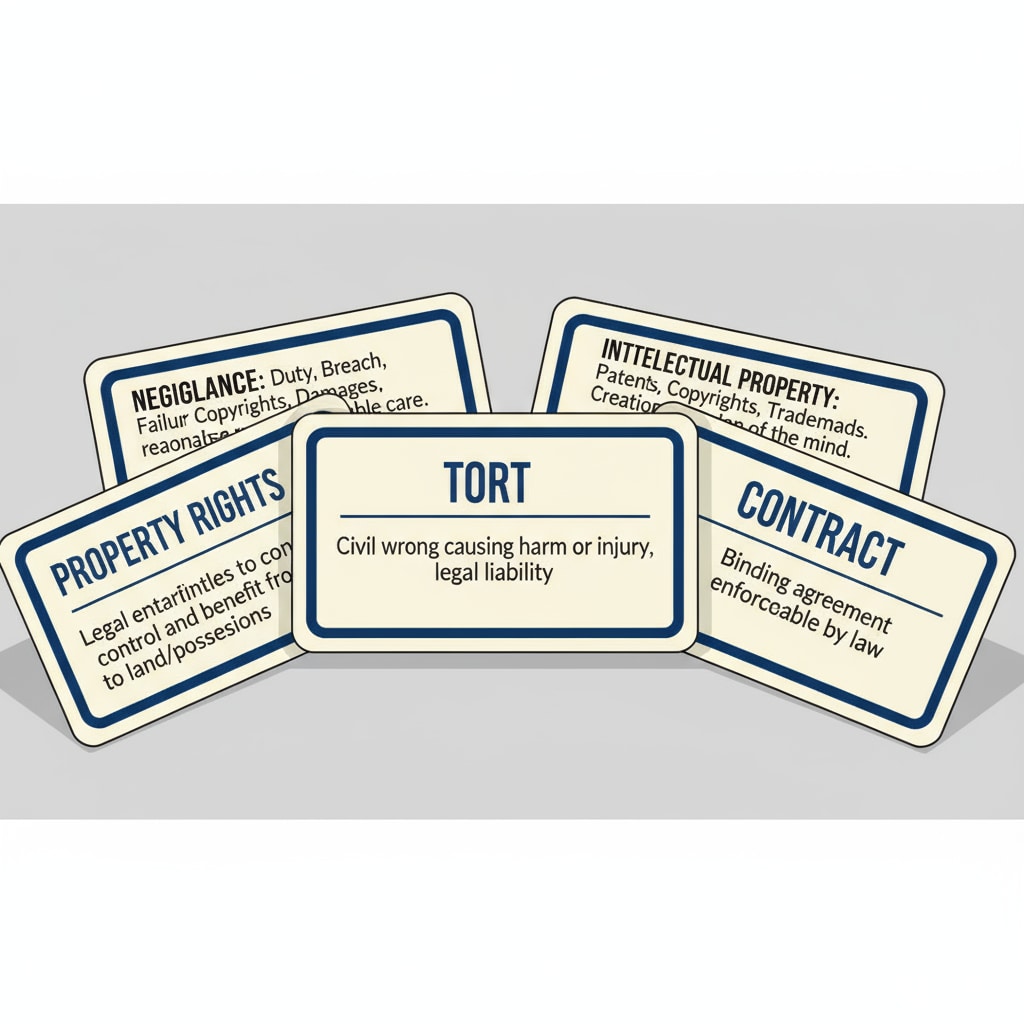Active recall, flashcards, and spaced repetition are powerful tools that can significantly enhance legal learning, especially in the context of K12 education. In today’s fast-paced world, students need effective strategies to grasp complex legal concepts. These techniques offer a revolutionary approach to make legal learning more engaging and efficient.

The Power of Active Recall in Legal Learning
Active recall involves retrieving information from memory without the aid of external cues. In legal learning, this means students actively test themselves on legal principles, cases, and regulations. For example, instead of simply rereading a textbook, students can create questions based on the material and answer them. This process strengthens neural connections related to legal knowledge, making it easier to recall during exams or real-life legal discussions. According to Wikipedia’s entry on active recall, this method promotes deeper understanding and better long-term retention.
Flashcards: A Handy Tool for Legal Concepts
Flashcards are an excellent way to implement active recall. On one side of the card, write a legal term or concept, and on the other, provide a definition, explanation, or relevant example. For instance, if the term is “contract,” the back of the card could include a simple definition and a real-world scenario where a contract is formed. Flashcards make it convenient for students to review legal knowledge at any time, whether on the bus or during a short break. They also allow for quick self-testing, which is crucial for effective legal learning.

As Britannica’s article on flashcards states, flashcards are a versatile study aid that can improve memory and understanding.
Moreover, flashcards can be used to practice spaced repetition. Spaced repetition is the strategy of reviewing information at increasing intervals over time. For legal learning, this means starting with frequent reviews of new legal concepts and gradually increasing the time between reviews as the knowledge becomes more ingrained. This ensures that students don’t forget what they’ve learned and can build a solid foundation in legal studies.
Readability guidance: In this article, we’ve explored how active recall, flashcards, and spaced repetition can transform K12 legal education. By implementing these techniques, students can enhance their learning efficiency and develop a better understanding of legal concepts. These strategies not only benefit students in their academic pursuits but also prepare them for future legal endeavors.


